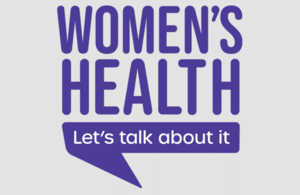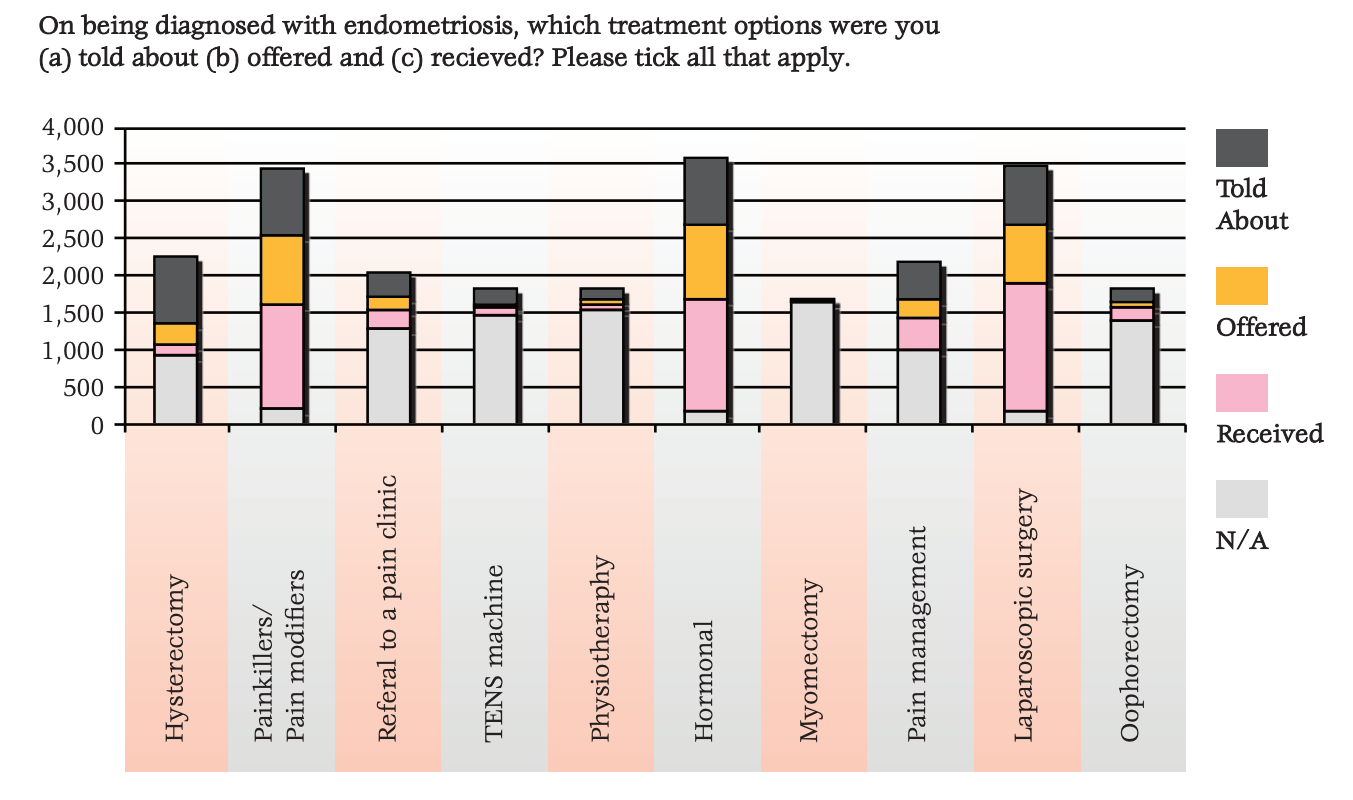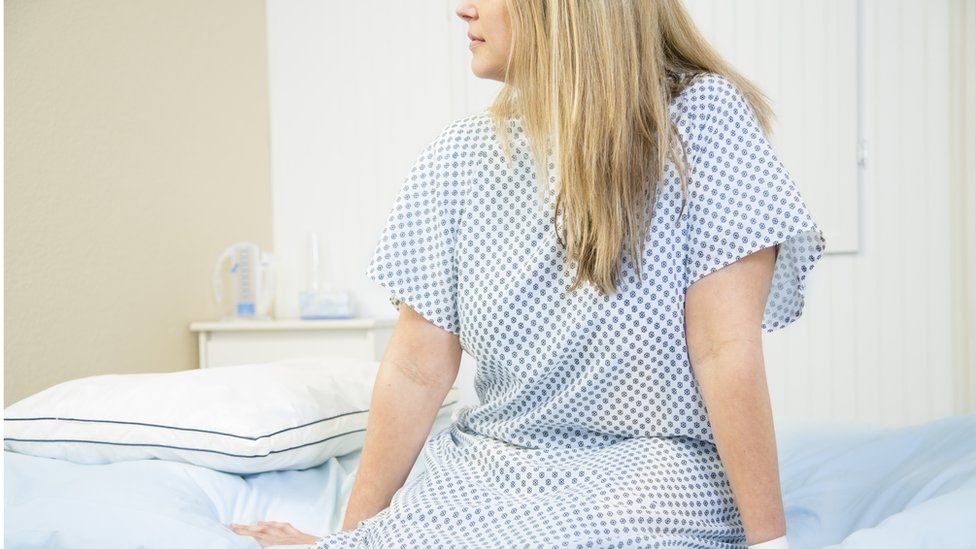Women and girls are being encouraged to share their UK healthcare system experiences as policymakers address gender inequalities.
It’s become increasingly clear that women (defined here as both female-identifying people, and people with wombs) find it much harder than men to have their bodies understood within the medical sphere.
Constantly misdiagnosed and mistreated by both male and female physicians, the gender health gap is a prevalent issue that sees women taken less seriously by professionals, particularly in the field of female-specific illnesses like endometriosis.
Fortunately, and perhaps a rather fitting sign of progress this International Women’s Day, the UK government has announced a ’12-week call for evidence’ in an effort to help policymakers tackle inequalities and build a new Women’s Health Strategy.
‘It’s crucial women’s voices are at the front and centre of this strategy so we understand their experiences and how to improve their outcomes,’ says Nadine Dorries, minister for women’s health.


Asking women and girls across England to share their experiences of the healthcare system, the move is on the back of a recent acknowledgment from ministers that ‘less is known about conditions only affecting women’ and that services for female patients need improving.
According to the official Gov UK press release, there are 6 core themes to be addressed.
These include how the healthcare system engages with and listens to women: improving the quality and accessibility of information and education on women’s health, ensuring the healthcare system understands and is responsive to women’s needs, deepening our understanding of how women’s health issues can affect their workforce participation and outcomes, inclusion of women and women’s health in research and data collection, and supporting women through the unique challenges they’ve faced during the pandemic.
With fertility, maternity, and menopause care among the additional areas to be discussed, campaigners have welcomed the idea, ‘delighted’ that steps are finally being taken to close the gender health gap. And, rightly so.























